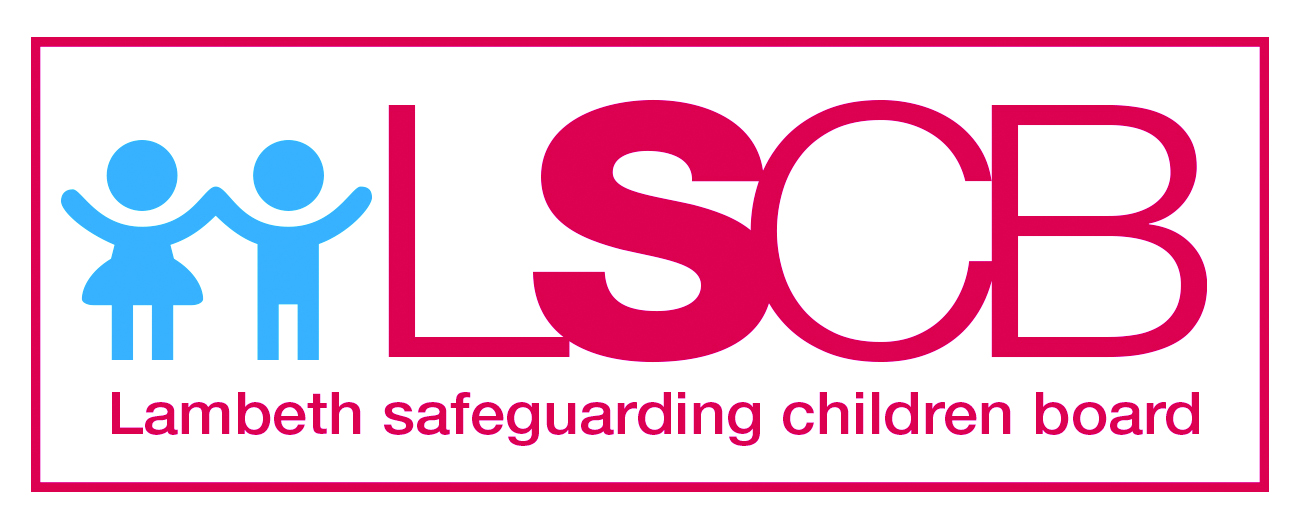Policy / Procedures / Guidance
Please see the relevant topic in the "Working with children" section for related policy, procedure or guidance. If the policy or procedures you are looking for are not listed under the various topics or below, please email Andrea Klingel, Policy and Performance Officer (aklingel@Lambeth.gov.uk).
How to write a Safeguarding Policy
Any organisation or group that works with children or young people or is in regular contact with them should have a Safeguarding policy with a clear set of guidelines about how they will keep children safe and to respond to child protection concerns. The NSPCC provides useful advice about how to write a Safeguarding policy and what to take into consideration; they also provide a Safeguarding policy template as a starting point. Once your organisation or group has an agreed policy, there should be a plan of action to make sure all adults and children are aware of, understand and can access the safeguarding policy.
Other guidance / policies / procedures
The Right to Choose: Multi-agency statutory guidance for dealing with forced marriage
Safer Lambeth Violence Against Women and Girls (VAWG) strategy 2016-2020

